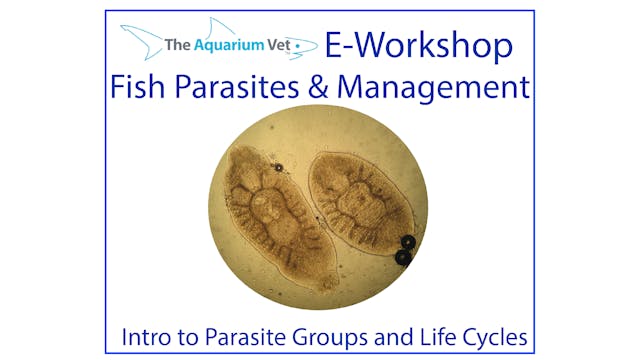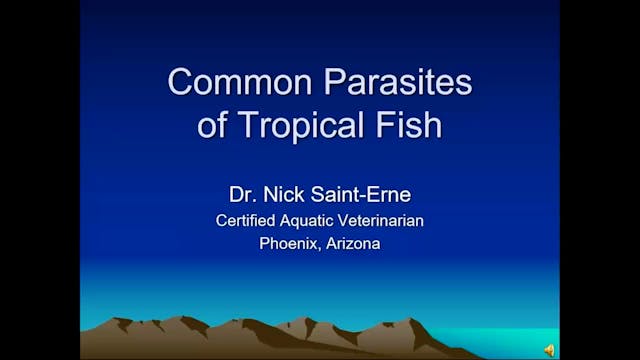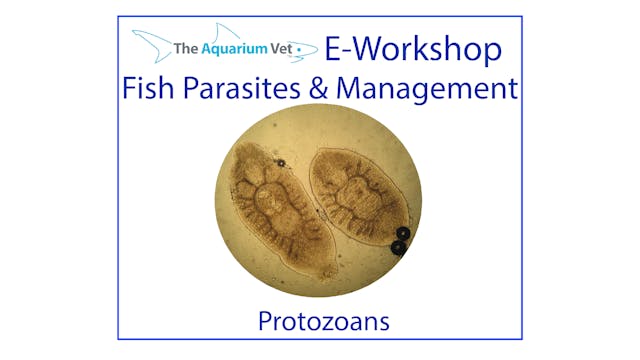Mitigating delayed mortality syndrome (E-Aquarium Conference 2021)
Health and Disease
•
52m
Dr. Brian Joseph's (Seattle Aquarium) presentation at the E-Aquarium Conference 2021. Wild-caught and aquacultured teleosts are often moved great distances in closed plastic bags or tanks for home display, public display, and aquaculture. Stressors and resultant physiological responses along “the chain” - which includes many or all these phases: collection or culture, holding, transport, quarantine, acclimation, and introduction of teleosts to their final place of care - may contribute to post-transport morbidity and mortality. This loss is often referred to as shipping loss or Delayed Mortality Syndrome (DMS). Selye’s General Adaptation Syndrome (GAS) defined as “the nonspecific result of any demand (i.e., a stressor) upon the body” provides a useful concept to better understand many of the causes of morbidity and mortality. Reduction of losses requires an awareness of the stressors, the stress response, management of physiological stress levels, mitigation of the consequences of the GAS and mitigation of other challenges including physical damage that occur along the chain.
Homeostasis is challenged along the chain as fish perceive and/or are subjected to independent, sometimes concurrent and/or synergistic perceived threats or stressors that contribute to physiological stress. The magnitude and duration of the physiological response is dependent on the perceived magnitude and duration of the stressor or stressors. We will discuss the general physiological responses associated with the perception of challenges or stressors by teleosts before, during and after transport. Environmental changes within the finite transport environment resulting from metabolism and the physiological stress responses, the effects of these changes upon the fish during and after transport and mitigation of some of these changes and responses will also be discussed. We will briefly consider overlooked, easy to remedy stressors along the transport chain and how to reduce the impact of transport associated physiological stress from the standpoint of mitigation measures that can be implemented before and during transport
Up Next in Health and Disease
-
Introduction to Parasite Groups (E-Wo...
Dr. Rob Jones's presentation at E-Workshop: Fish Parasites & Management 2020. Introduction to the main parasite groups and their life cycles.
-
Common Parasites of Tropical Fish (E-...
Dr. Nick Saint-Erne's presentation at the E-Aquarium Conference 2020 discussing some of the most common parasite in the aquarium and their treatments.
Dr. Nick Saint-Erne is passionate about pets, exotic animals, and aquatic veterinary medicine. He has over 35 years of experience in treating d...
-
Protozoans (E-Workshop: Fish Parasite...
Dr. Rob Jones's presentation at the E-Workshop: Fish Parasites & Management 2020. Introduction to protozoans commonly found in the aquarium.


